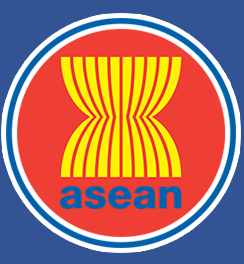ASEAN Journal on Science and Technology for Development
Abstract
Waste management has a very close and complex relationship with community behavior and culture . This relationship is two-way: community culture influences how waste is managed, and conversely, waste management practices can shape or change culture. This study to assess the organizational behavior related to organic waste management. Employing a quantitative methodology, data were gathered using the Hofstede Values Survey Module 13 (VSM 13) - closed questionnaire, with 109 Semarang city Community participants responding via a Google Form. The collected data were analyzed utilizing Hofstede's prescribed formula. The next stage is PCA (Principal Component Analysis) and SEM (Structural Equation Modeling) processing. The use of PCA to identify underlying structures among the Hofstede indices and SEM to assess the causal relationships between cultural traits and behaviour tendencies in waste practices. The findings based on characteristics across Hofstede's cultural dimensions include the Power Distance Index, which is characterized by a high score of 57.47 suggests a preference for hierarchical management structures. This implies that waste management practices in Semarang may emphasize leadership roles, clear policies, and established hierarchies. Individualism Index: With a score of 63.1, there is an indication of participatory engagement in waste management processes, reflecting a tendency towards individualism. Masculinity Index: A score of 64.4 points to a focus on individual and competitive achievements among the native residents. Uncertainty Avoidance Index: The high score of 64.08 signifies a preference for clear and stable policies in waste management. Long-Term Orientation Index: A score of 44.45 indicates a lesser inclination towards future-oriented strategies, particularly concerning organic waste management. Overall, effective waste management relies not only on technology or infrastructure but also heavily on changes in community behavior and culture. Comprehensive efforts must include education, enforcement, adequate facilities, and community empowerment to foster a more environmentally responsible culture
Keywords
Organic waste management Hofstede culture Mapping behavior
Publication Date
2025
Received Date
12/03/2025
Revised Date
15/09/2025
Accepted Date
16/09/2025
Recommended Citation
Setyaningrum, Ratih; Pramukti, Sahana; and Balasubramani, Ravindran
(2025)
"Macro-ergonomic and Organizational Behavior Mapping for Organic Waste Management using Hofstede Culture in Semarang, Indonesia : PCA & SEM Analysis using Smart PLS,"
ASEAN Journal on Science and Technology for Development: Vol. 43:
No.
1, Article 18.
DOI: https://doi.org/10.61931/2224-9028.1643
Available at:
https://ajstd.ubd.edu.bn/journal/vol43/iss1/18

